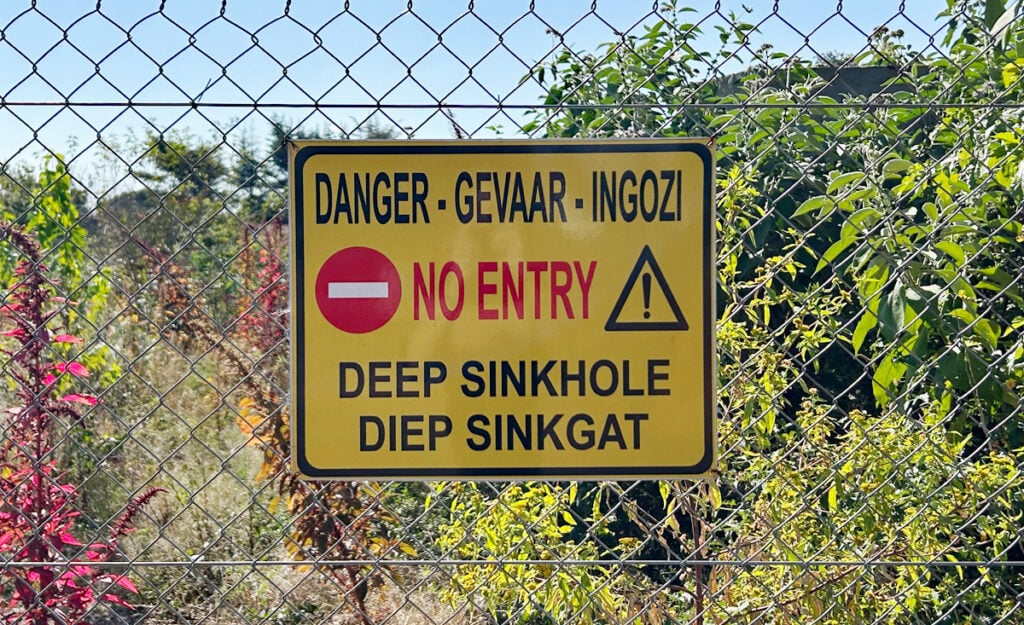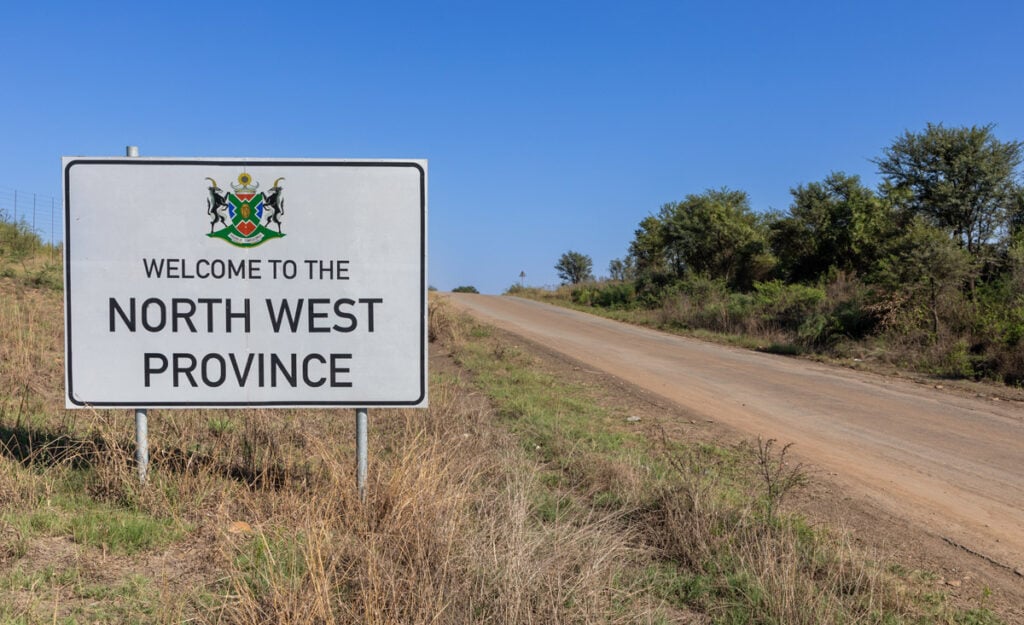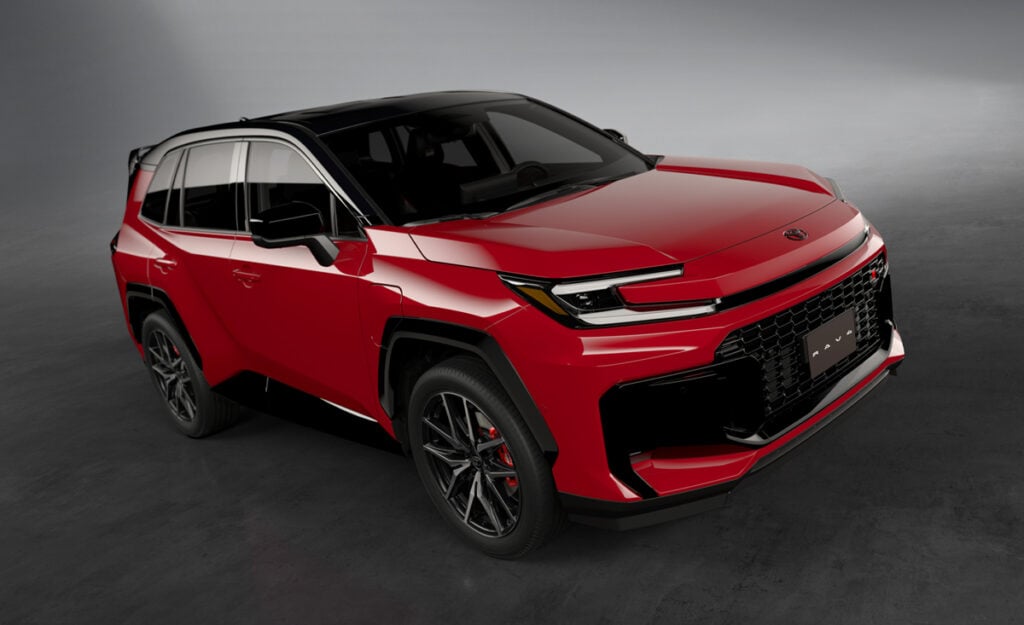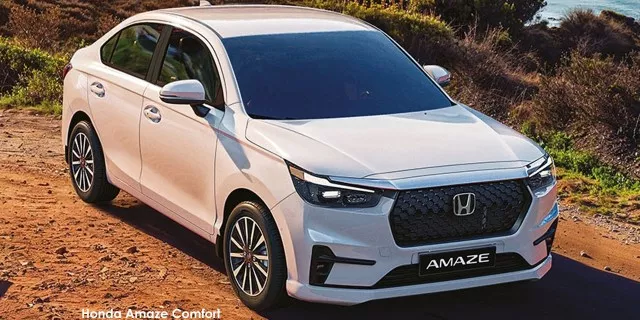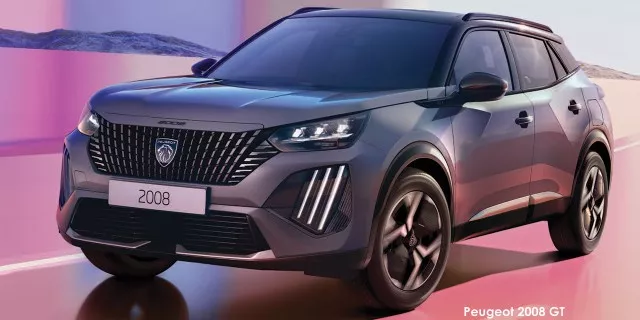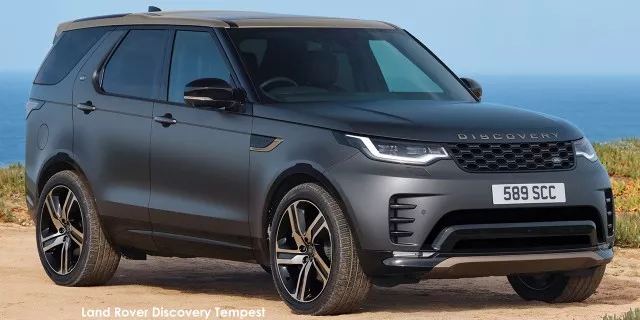The one car segment that grew 5,000% in 10 years in South Africa

Hybrid vehicle sales have grown by a staggering amount in South Africa over the past decade.
According to Naamsa, the Automotive Business Council, a grand total of 13,604 hybrids were sold in 2024, reflecting a 5,000% increase compared to 2015.
Hybrid vehicles have seen exponential growth over the last decade for a variety of reasons, from greater accessibility to a tougher economic climate driven by sky-high fuel prices.
The term hybrid refers to cars that feature some form of electrical assistance, which works alongside an internal combustion engine (ICE) to improve efficiency.
Most often, this takes the form of either a tradition hybrid (HEV) or plug-in hybrid (PHEV) – both of which promise to make a substantial reduction to your monthly petrol bill.
Traditional hybrids are the most common, employing a small electric motor capable of moving the car at low speeds.
The e-motor is not powerful enough to run the car at all times, but is typically used while travelling at speeds under 30km/h when the ICE is at its least efficient.
This motor is powered by a small battery, which is topped up by the engine and other innovations like regenerative brakes, which convert the kinetic energy from braking into electricity to be fed back into the battery.
Examples of this system include the Toyota Corolla Cross and Haval Jolion, which are two of the most popular hybrids in the country.
The Corolla Cross in particular accounted for nearly 75% of all hybrid sales in 2024, likely due to the fact it is the most affordable HEV in South Africa with a starting price of R494,400.
This is a big reason as to why hybrids have taken off in recent years, as it wasn’t that long ago that the technology could only be found on luxury models.
Lowering the cost of entry

While hybrid prices are relatively expensive for the average household, the barrier to entry is dropping every year as manufacturers continue to introduce new, more affordable models.
Plug-in hybrids are arguably the best example of this, as BYD recently introduced the new Sealion 6 PHEV at a starting rate of R639,900.
PHEVs are an advanced form of hybrid that feature a substantially more powerful e-motor that can drive the car at high speeds over a moderate distance.
The e-motor is connected to a sizeable battery, which usually affords an electric range in the ballpark of 80km.
Since this battery is too large to be recharged by the onboard systems itself, owners will need to plug the car into an external power source, hence the name.
The advantage of a PHEV is that users can enjoy the benefits of an electric vehicle while having the safety net and range of an ICE car, effectively giving them the best of both worlds.
Of course, the downside is that you are essentially paying for a car with two powertrains, making them by far the most expensive type of hybrid.
This brings us back to the Sealion 6 and its admittedly high starting price of R639,900.
While this is still a lot of money, it’s a far cry from the R1,050,000 demanded by South Africa’s previous “entry-level” PHEV – the BMW X1 xDrive30e.
In other words, the barrier to PHEV adoption in South Africa was slashed by R410,100 overnight.
PHEV sales only accounted for 728 units in 2024, a fraction of the 13,604 total hybrid sales but this is likely to increase substantially as the price floor continues to drop.
Case in point is the fact that PHEV sales increased by 428% between 2015 and 2024, no doubt thanks to the tech’s improved availability.



